What Are Keystone Species and Why Are They Important? The Ultimate Guide
In the vast web of life, each organism plays a unique role. Some species, however, hold an extraordinary significance in maintaining the delicate balance of an ecosystem, greatly impacting the structure and function of their ecosystems: these species are known as keystone species. In this keystone species ultimate guide, we’ll explore what are keystone species and why are they important? We'll investigate their characteristics, their ecological importance, and the potential consequences of their loss.
What Are Keystone Species?
The term "keystone species" was first introduced by the ecologist Robert Paine in the 1960s. Keystone species are organisms whose presence or absence significantly affects the structure and diversity of an ecosystem. They have a disproportionate effect on their environment relative to their abundance, which means that they have a particularly important impact on maintaining the overall health and balance of their ecosystem.
Keystone species can occupy any trophic level (the position it occupies within a food web) within an ecosystem, including top predators, herbivores, or even primary producers.

Characteristics of Keystone Species
Control of Population Size
Keystone species often regulate the population size of other species by acting as top-down regulators. By controlling the abundance of particular species, they prevent any one species from dominating an ecosystem and therefore help to maintain biodiversity.
Modifying Habitats
Some keystone species actively modify their habitat, creating conditions that are favorable for other organisms. For example, beavers as a keystone species build dams that create ponds, benefiting an array of aquatic species.
Interactions with Other Species
Keystone species often have intricate ecological interactions. These interactions can have a domino effect on the whole ecosystem, for example, if one keystone species disappears, it can cause a chain reaction that affects many other species. Their interactions with other species shapes the structure and dynamics of entire ecosystems.

Importance of Keystone Species
Biodiversity Conservation
Keystone species play a crucial role in maintaining biodiversity within an ecosystem. By regulating the population size of other species, they prevent any one species from dominating and help to preserve a wide array of organisms.
Ecosystem Stability
The presence of keystone species helps to stabilize the structure and function of ecosystems. They ensure that resources are distributed appropriately, prevent overgrazing or overconsumption, and maintain a balance between different trophic levels.
Nutrient Cycling
Some keystone species play a vital role in nutrient cycling within ecosystems. They break down organic matter and recycle essential nutrients, facilitating the growth of plants and sustaining the entire food web.
Habitat Engineering
Keystone species that modify their habitat, like coral reefs or forests, provide essential ecosystem services. They create complex habitats that support a diverse array of species, protect coastlines from erosion, and regulate local climates.
Cultural and Economic Significance
In addition to their ecological importance, keystone species can also have cultural and economic significance. For example, many people around the world rely on pollinators like bees to help produce crops, while predators like wolves can have an important cultural and symbolic role in many societies.

Examples of Keystone Species
Sea Otters
Sea otters are a classic example of a keystone species. By preying on sea urchins, they prevent these herbivores from overgrazing kelp forests. The presence of sea otters allows kelp forests to thrive, providing habitat for numerous marine organisms.
Elephants
As megaherbivores, elephants play a critical role in shaping savanna ecosystems. They create clearings, disperse seeds through their dung, and help maintain open grasslands by preventing encroachment of woody vegetation.
Bees
Bees are keystone pollinators, facilitating the reproduction of numerous plant species. Without bees, the pollination of flowers would be severely compromised, leading to reduced seed production and the decline of many plant species.
Learn more about the importance of pollinators.

Consequences of Keystone Species Loss
Keystone species are like puzzle pieces that hold everything together. The loss of a keystone species can have far-reaching consequences for an ecosystem. It can disrupt the delicate balance of trophic interactions, lead to a cascade of extinctions, and result in significant ecological changes. For example, the decline of sea otters in certain regions has caused a surge in sea urchin populations, leading to the destruction of kelp forests and the subsequent loss of habitat and biodiversity.
Conservation Efforts
Recognizing the importance of keystone species, conservation efforts are often directed towards their protection. Preserving the habitats of keystone species, implementing sustainable management practices, and reducing threats such as habitat destruction, pollution, and overexploitation are crucial for their survival. It’s important that we recognize and protect these special species to keep our environment healthy and thriving.
So, what are keystone species and why are they important? They're like the superheroes of nature! Keystone species may not be the most abundant or noticeable, but they’re quietly upholding the intricate balance of nature. Through their unique traits, interactions, and roles, they shape the very fabric of the environments they inhabit. Understanding their importance is essential for safeguarding biodiversity, maintaining ecosystem stability, and promoting the sustainable management of our planet's precious resources. We need to protect these extraordinary species, for their conservation is intricately linked to our own well-being.
Shop keystone species designs and more nature-themed apparel at BeCause Tees - every order funds the planting of trees and provides a donation to ecological nonprofits.

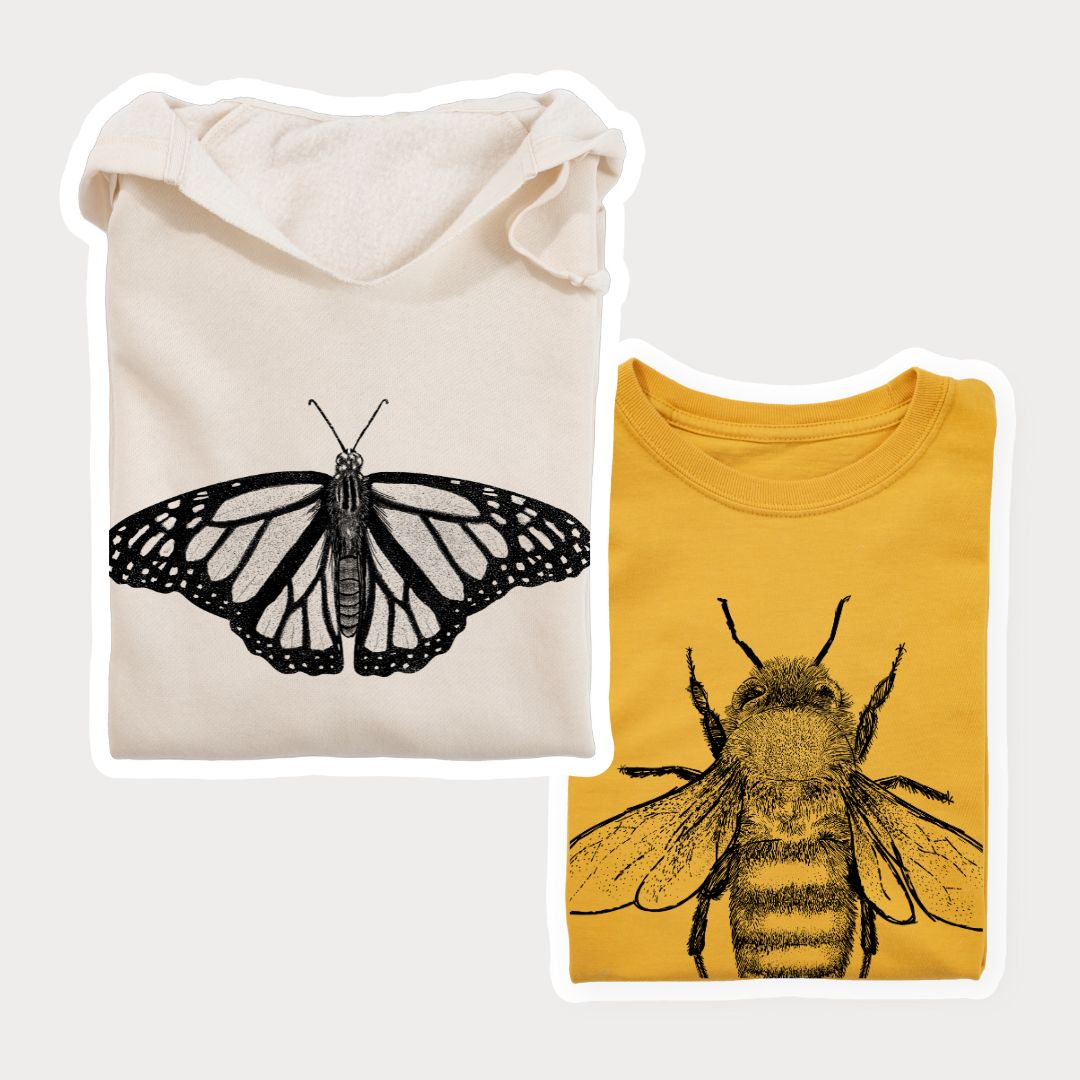

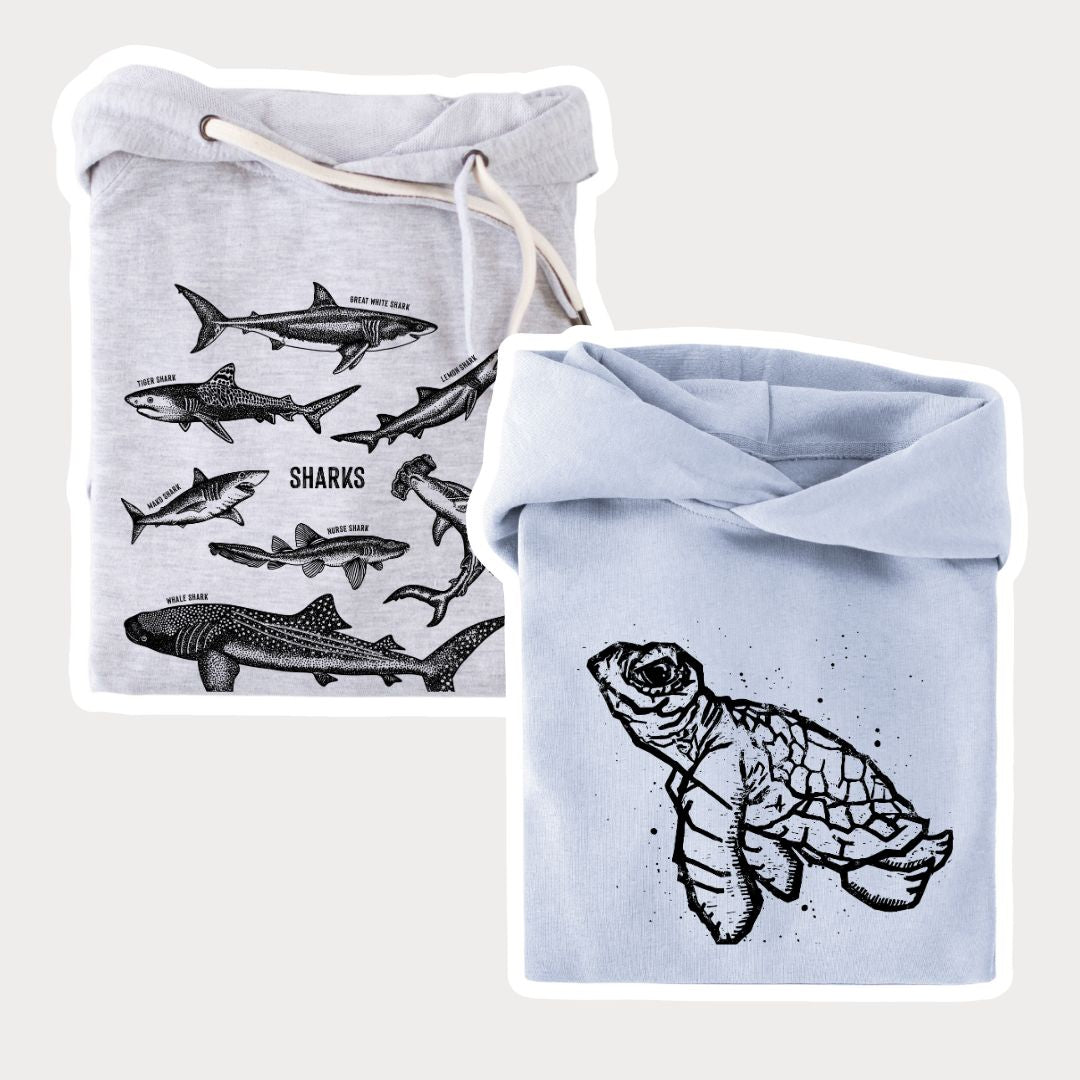

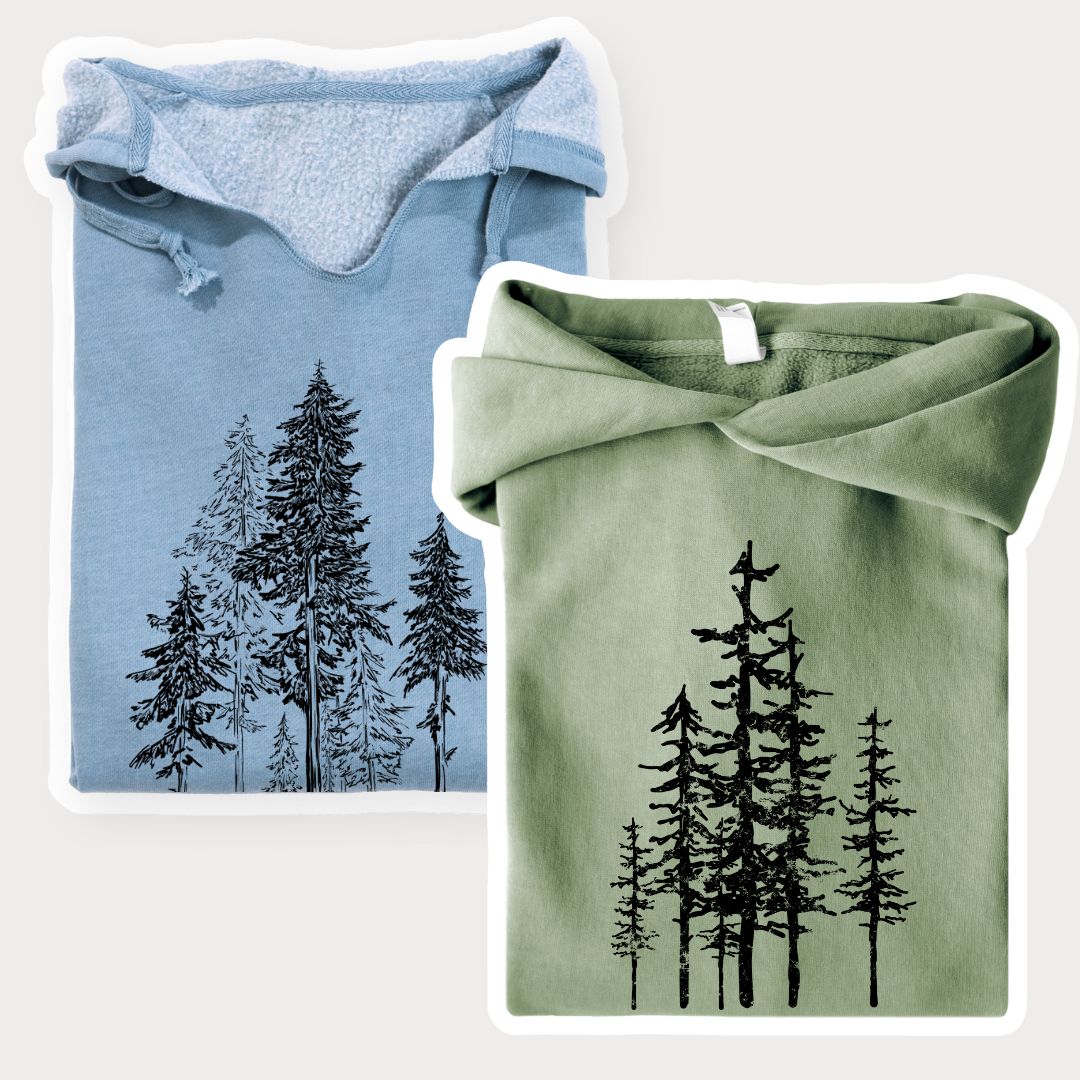
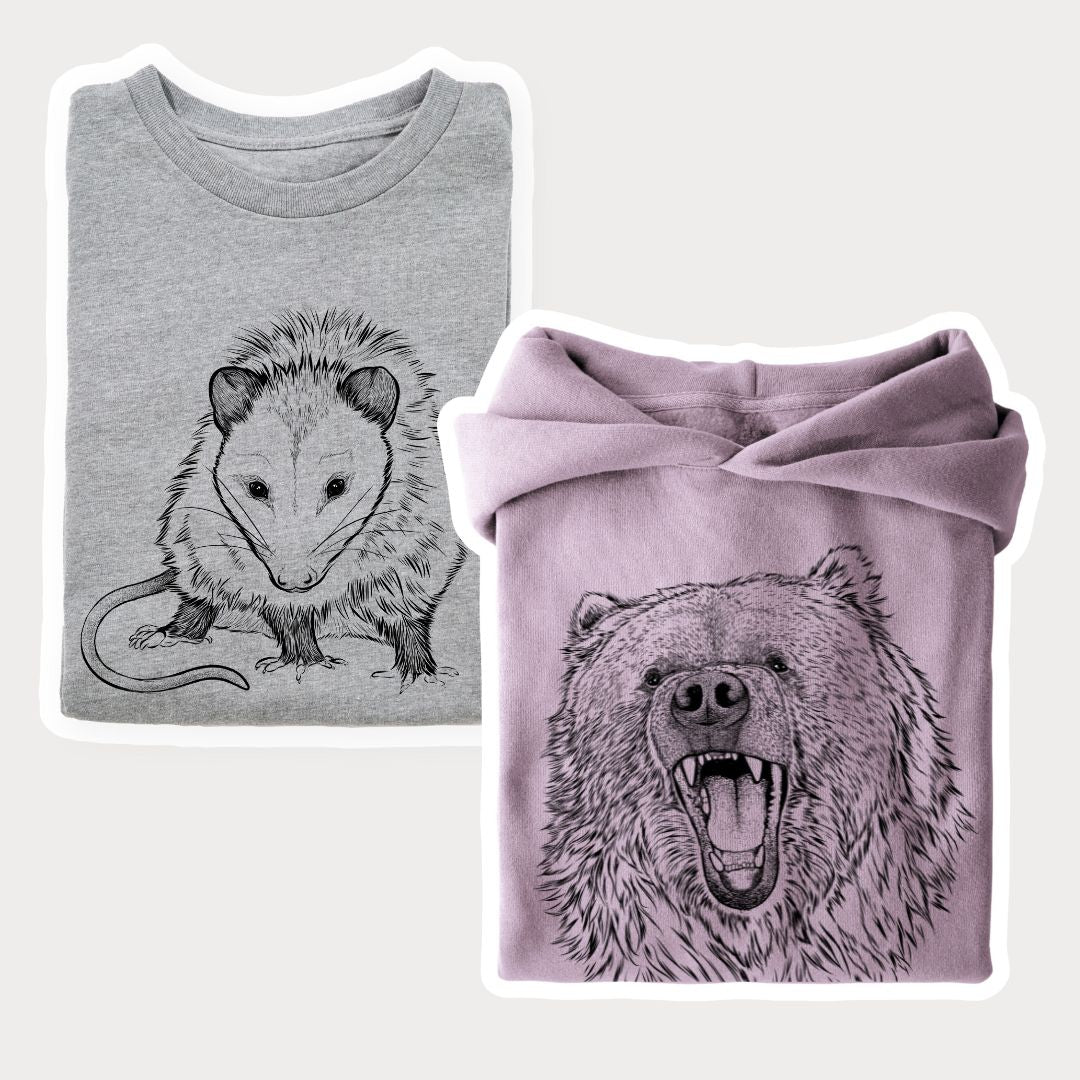


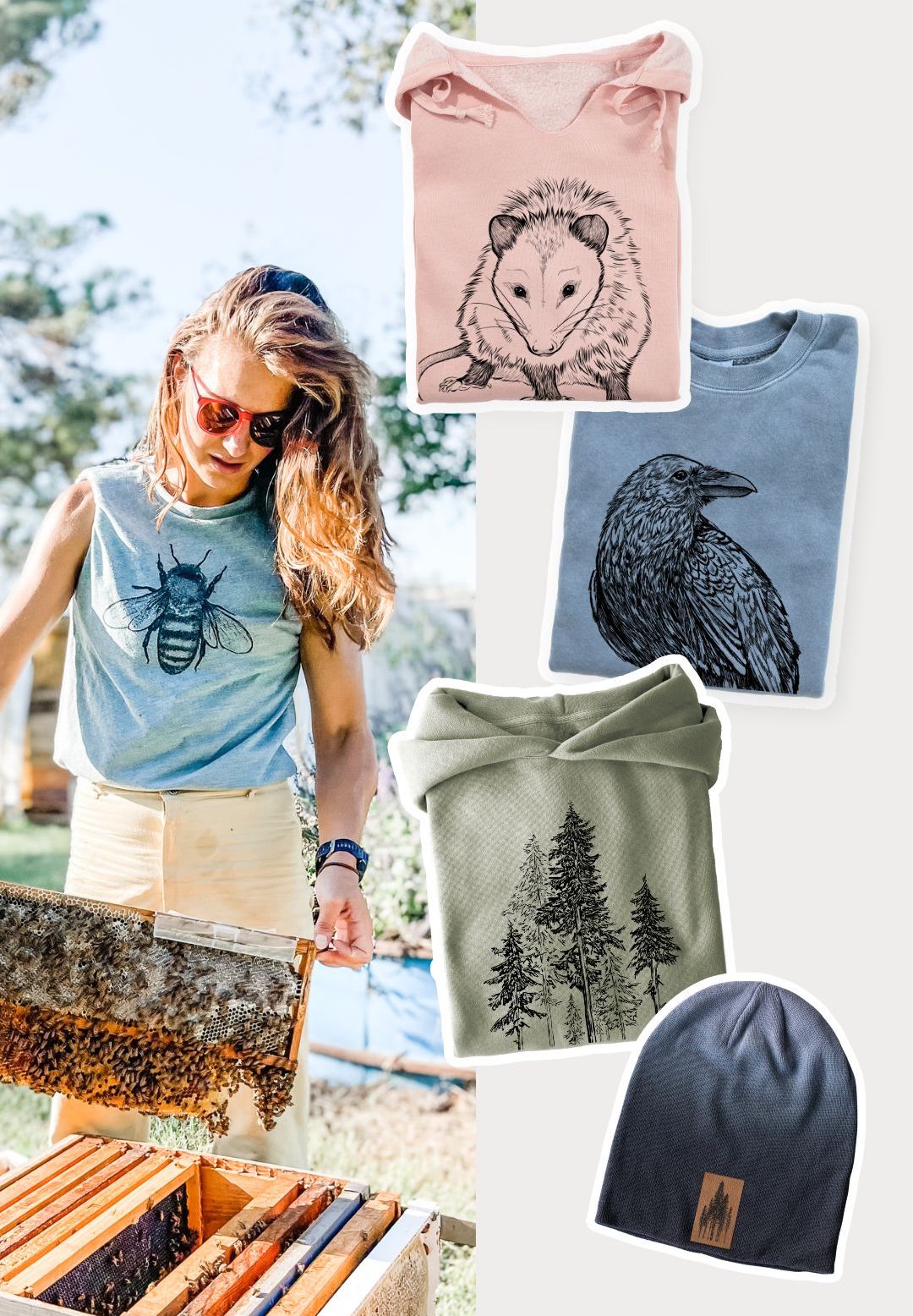

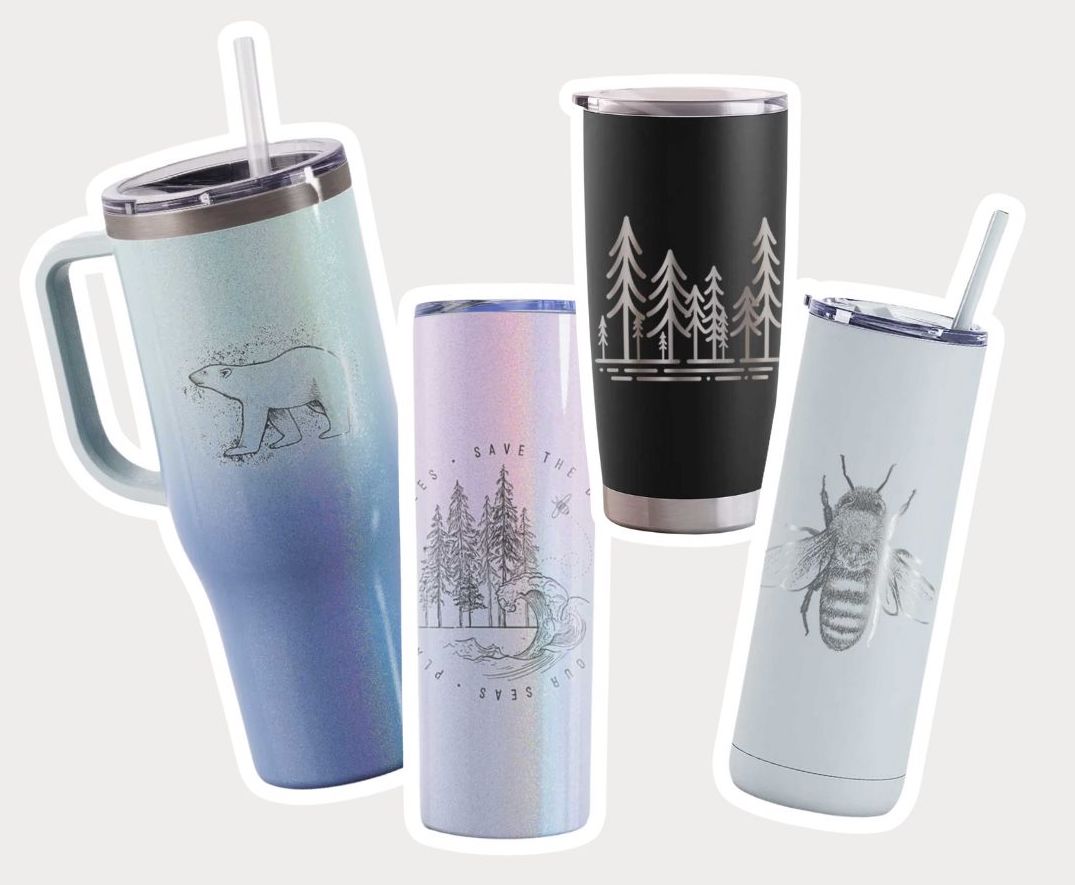



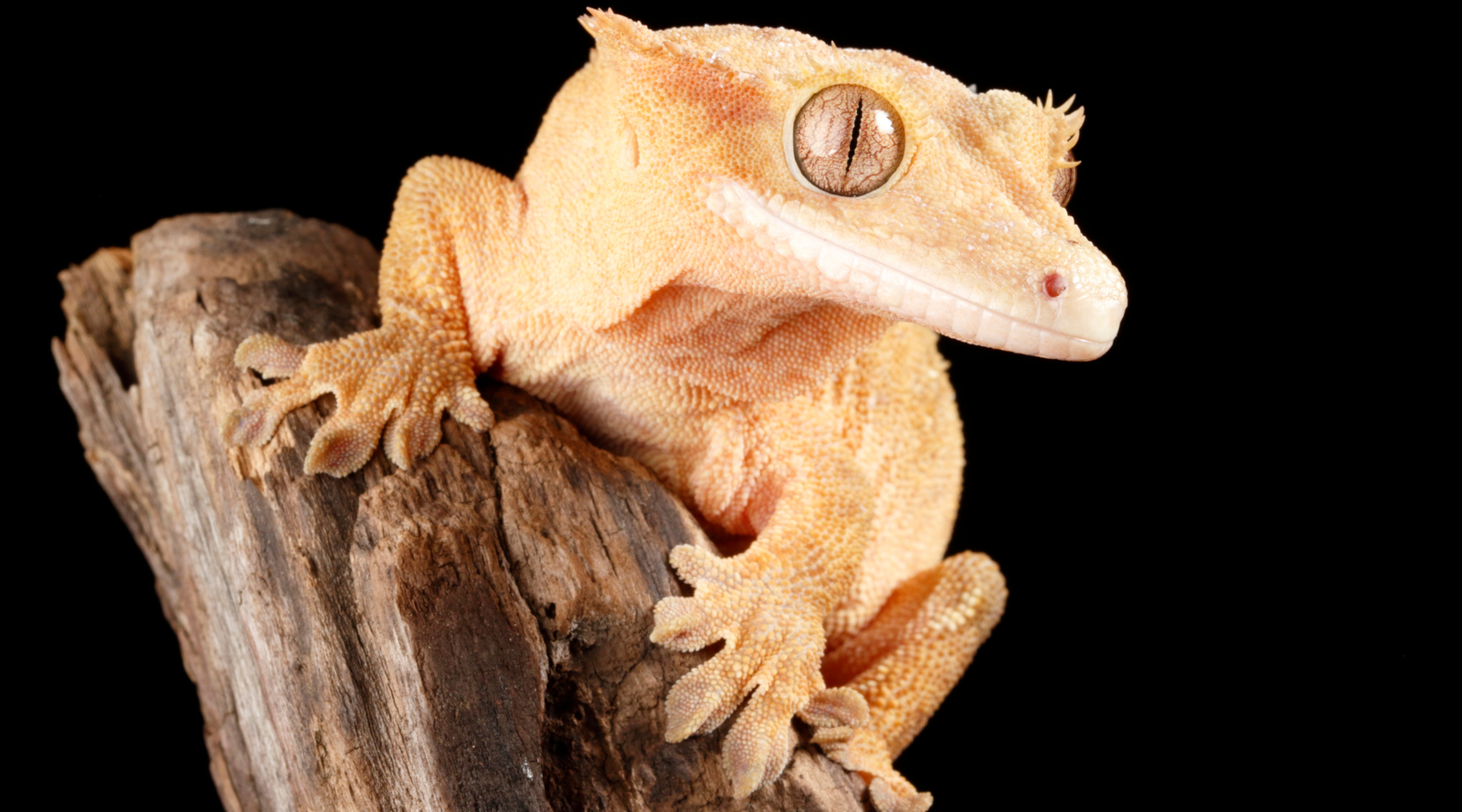
Leave a comment (all fields required)